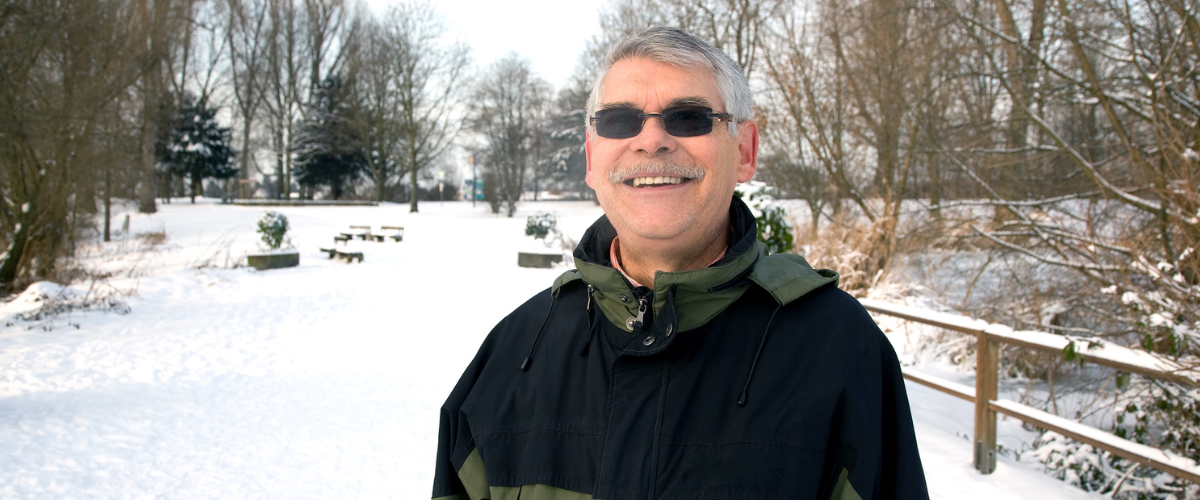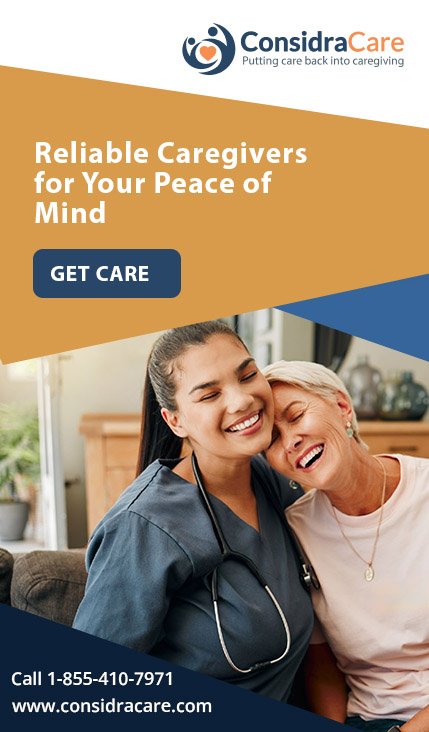Winter brings with it the gleaming snow, the happy celebrations of the holidays, and potentially heightened health concerns, especially for the elderly. To keep a senior loved one comfortable during this time, it is helpful to be informed of the signs to look out for and what to anticipate. It will aid in the monitoring of a senior for whom you are providing caring services. Elderly individuals may be impacted by winter in the ways listed below:
Outdoor risks
In areas where snow and ice persist throughout the winter, elderly persons are more prone to experience falls. Climates are often colder in these areas.
People who live at home and do their own yard work or shoveling are more likely to fall. You can assist in shoveling the snow as a senior home care provider or you can hire specialists to do it. These activities should be avoided by seniors.
Even those who live with caregivers and go on walks while they keep an eye on them run the risk of falling. To reduce slips and falls, make sure the areas around the senior residence have been shoveled and salted. You might ask the family members for help or hire specialists as a caregiver to do this.
Providing transportation support
It’s acceptable if the elderly person wishes to be accompanied on the walk to the car so that they have someone to lean on if they need to. Seniors can need assistance from caregivers in sitting down or standing up. They are able to go by automobile with the live-in caretaker.
Seniors should use some sort of assistance to help them keep their balance when walking outside in the cold. You can remind them to utilize walking aids like walkers or walking sticks if you are their live-in caretaker.
Indoor fall risks
Wintertime increases the risk of falling indoors because the melting snow on the floor can be particularly slippery. An elderly person who has been outside and is quite cold may have poor mobility and balance when moving indoors. Falling becomes more likely as a result. Elderly people should be checked on more frequently when the temperature lowers or when snow and ice are present. They should be kept warm and dressed appropriately by a caregiver. If seniors have balance concerns, make sure they utilize walking sticks indoors.
The risk of developing hypothermia increases
Hypothermia can arise when the body is subjected to temperatures that are too low. Hypothermia is a less obvious issue that can happen to vulnerable persons and requires treatment as quickly as feasible, according to many Canadian health-related institutes. Elderly loved ones are more likely to develop hypothermia. This is because older bodies can’t withstand the cold as long as those of younger people can. It is also true that some diseases and medications might make this risk even more serious.
Symptoms of hyperthermia
The basal metabolic rate is lower in older adults. Consequently, their bodies generate less heat overall. Seniors often experience a cooler initial sensation than do younger folks. The symptoms of hypothermia include confusion, drowsiness, and slurred or delayed speech. Slower responses and movements are additional symptoms. The best way to avoid hypothermia is to dress in layers of thick winter clothing, hats, mittens, and warm footwear. People over 65 are advised to address any medications or existing medical issues that could increase their risk of hypothermia with their primary care physicians.
To maintain the temperature at the suggested level, a live-in caregiver can monitor the thermostat. Set up checkup appointments with the doctor and remind patients to take their medications.
Heart problems get severe
According to the Canadian Cardiovascular Society, older people who already have cardiovascular problems may be more susceptible to negative effects when the temperature drops. Blood vessels have a propensity to tighten in response to lower temperatures and winds, which makes it more challenging for oxygen to reach every region of the body.
Older people are advised by medical professionals to dress in layers so they can protect themselves from the cold and maintain body heat. because they do not have as much fat to provide heat and maintain blood flow. Cardiovascular problems brought on by the cold are more likely to affect elderly people who are on the thin side.
Within the money given, a live-in caregiver can make wardrobe adjustments for the senior. The senior may need to wear warmer, thicker clothing as well as shoes with laces, stockings, and gloves. The family or senior can provide the caregiver with a budget for this work. It might also be an excellent opportunity to develop relationships with the elderly. Both people are able to visit the mall and shop for necessities.
Acute episodes of chronic pain
Elderly persons frequently experience persistent pain due to diseases like arthritis. Numerous relatives claim that when it’s chilly outside, their loved ones’ symptoms worsen. Prescription or over-the-counter painkillers may be consumed more frequently as a result of this. Live-in caregivers should speak with their loved ones’ primary care physician if they find that the discomfort in their joints is severe than it usually is. The doctor can suggest that the senior try a new medication or experiment with various at-home remedies, such as taking an Epsom salt bath, to reduce the discomfort.
Sleep habits are altered
When compared to other times of the year, the amount of daylight that is accessible throughout the winter generally decreases significantly. Anyone who goes through this will probably feel tired and want to sleep more than usual. It’s not difficult to get more sleep as long as it doesn’t take up a lot of your day.
Seniors can consider utilizing an alarm clock to ensure that they get out of bed in time for breakfast and that they don’t stay in bed too late as it becomes darker early in the winter. A regular routine, as well as raising the curtains and putting on the lights in the afternoon, will help prevent the sundowner’s syndrome.
The live-in caretaker can keep them on a schedule, ensure that they are awakened promptly, turn on the lights, and perform other minor activities that are only necessary in the winter.
Want to learn more?
ConsidraCare’s live-in caregivers for seniors are trained to offer professional support and companionship to seniors. Please reach out to us at wecare@considracare.com or call us at 1-855-410-7971 to arrange care for a loved one.


